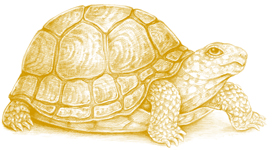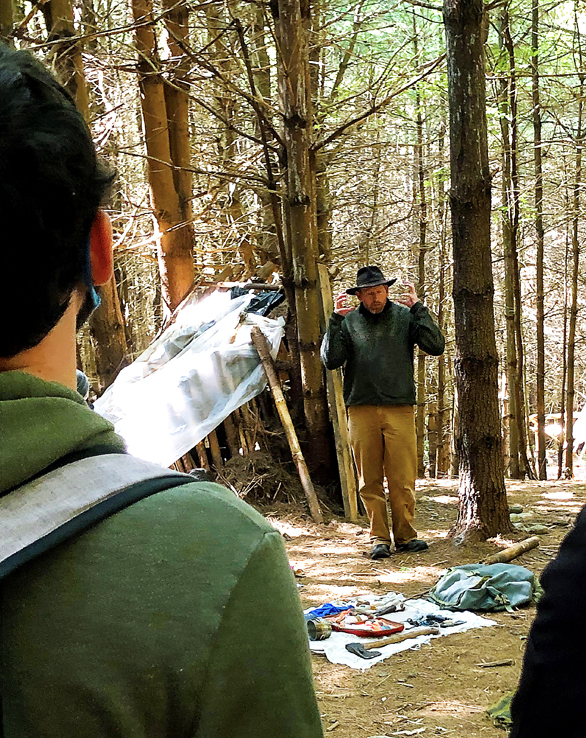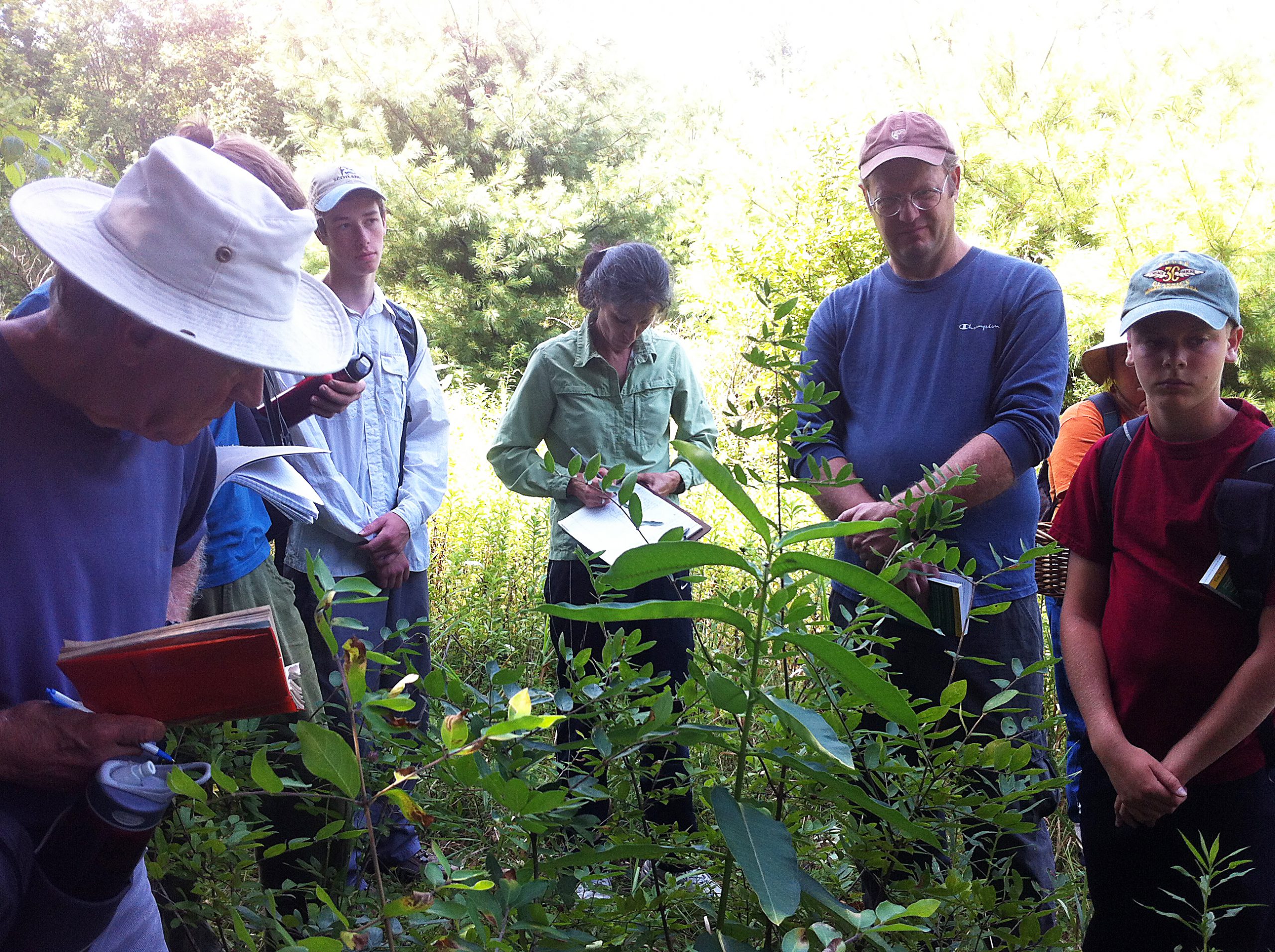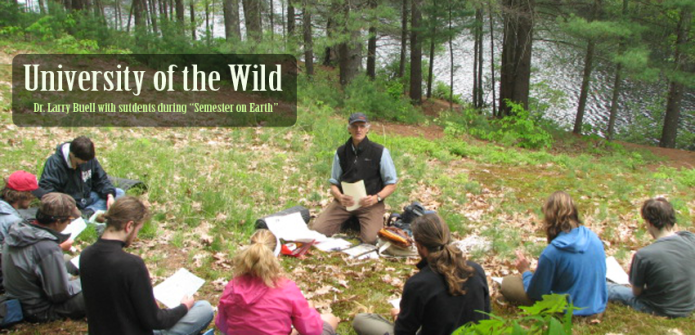1 and 2 Year Programs


photo caption if needed
Ecology, Humanity, and Environmental Leadership
A Complete Two-Year Program
SEMESTER ONE – Semester on Earth
Semester on Earth concentrates on building a solid foundation of ecological knowledge and the human relationship to nature. Outdated information that students grew up believing are deconstructed and reconstructed with current knowledge. Information about environmental problems as well as food, shelter, and social justice issues are introduced and discussed. Ecological living skills are learned and practiced. Students delve into their own personal relationships with nature and learn methods and practices to open and deepen those relationships. Semester on Earth is a residential program at University of the Wild.
SEMESTER TWO – Ecological Justice and Environmental Issues
Semester Two concentrates on current and future environmental problems and humanity’s role in causing and dealing with those problems as well as a real-world deep ecological experience. Two months in residence at the University of the Wild is followed by a two-month mentored, supervised, self-directed stay in a special bioregion designed to create a “sense of place” and an understanding of applied deep ecology, cultural awareness, and the ecological self.
SEMESTER THREE – Ecological Living and Environmental Leadership
The third semester concentrates on expanding skills of ecological living, building and governing ecologically oriented communities, transitioning from learning and experiencing to teaching and leading, and career exploration. Students each plan and complete a three-month mentored, self-directed service, work-study, and international travel experience with an organization, culture, or community that meets the needs of the student’s learning goals and career path.
SEMESTER FOUR – Integration and Action
The final semester is a period of retrospection and reflection. Looking back, students prepare a portfolio or other representation of their UofWild work and insights through written word, video, photography, and oral presentations. Looking ahead, students also prepare a personal action plan and strategies for future work in their chosen fields. In the spirit and tradition of Global Ecological Citizens, students find ways to impart their knowledge and skills to others through teaching and mentoring first-year students and running public workshops, talks, and conferences. The final component is a gathering and council of all students and mentors for the public presentations of the portfolios.

Semester One Topics
The Science of Ecology
The Natural Resources of the Planet
The Natural Life of the Planet
The Natural Cycles of Planetary Life
How the Natural World Sustains and Regenerates Itself
The Human Relationship to the Natural World
Past, Present, and Future
Personal, Community, Society, and Planetary
The Human Disconnection
Semester Two Topics
Environmental Problems
Depletion of Earth’s Natural Resources
Results of Ignoring Sustainability and Regeneration
Global Warming and the Future of Life on Earth
Historical Roots, Where We Are Now, Changing Course for a Better Future
What Can Be Done
Developing a Universal Ethos of Ecological Respect
The Sacredness of Our Unique Planet
There Is No Plan B: This Is It
The Place of Humans in the Natural Life of the Planet
The Role of Humans as Stewards of the Earth
Food, Shelter, Justice, and Ecology
How Ecology Influences Food, Shelter, and Justice
Growing, Preserving, and Distributing Food
Gardens, Farms, Permaculture, Aquaculture, Forest Gardens
Food Insecurity
Siting, Grouping, and Building Shelter
Housing Insecurity
Social Justice
Equitable Distribution of Food, Shelter, Health Care, Education, and Resources
Equitable and Just Rights, Laws, and Governance
Semester Three Topics
Ecologically Respectful Living: Do No Harm
Reconnecting With the Earth for Health and Well-Being
How to Live Ecologically Respectful Lives
Being Mindful of How Our Actions Affect the Health of the Planet
Ancient and New Skills and Techniques for Ecological Living
Coming Together in Communities
Environmental Leadership
Guiding and Influencing Individuals, Communities, and Societies
Teaching the Next Generations
Activism
Teaching Ancient and New Skills of Ecological Living
Setting Up and Sustaining Eco-Communities
Writing and Speaking About the Environment
Modeling and Demonstrating Best Ecological Practices
Mentoring
